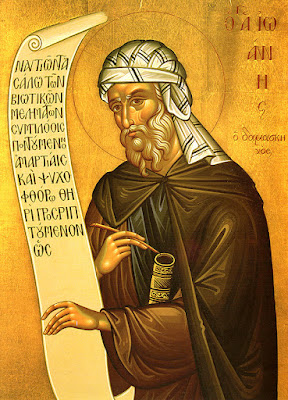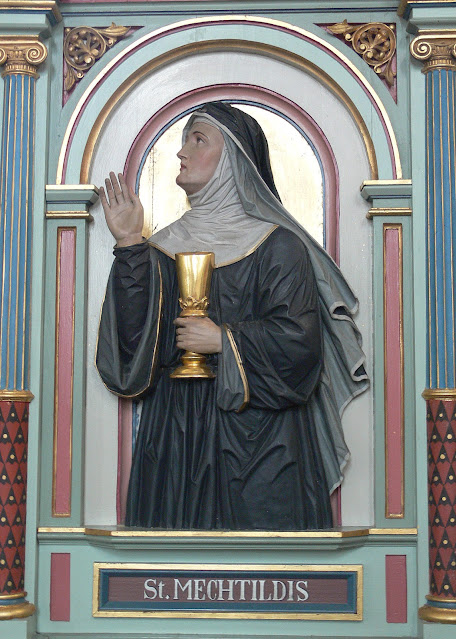This is where our Saint is so needed! Mary, the Virgin of Guadalupe, is the Patroness of the Unborn. She spoke to St. Juan Diego Cuahtlatoatzin as the Mother of the unborn Son of God in 1531. We pray for her intercession so that we can foster love and acceptance for the unborn, who are not burdens or problems to be fixed, but children of God! Mary is our mother. We pray for everyone: the unborn, for life and love; the mother of the unborn, for hope and courage; for the abortionist, for repentance and conversion; for our society, for perseverance and justice.
Virgin of Guadalupe,
Patroness of unborn children,
we implore your intercession
for every child at risk of abortion.
Help expectant parents to welcome from God
the priceless gift of their child’s life.
Console parents who have lost that gift
through abortion,
and lead them to forgiveness and healing
through the Divine Mercy of your Son.
Teach us to cherish
and to care for family and friends
until God calls them home.
Help us never to see others as burdens.
Guide our public officials
to defend each and every human life
through just laws.
Inspire us all to bring our faith into public life,
to speak for those who have no voice.
We ask this in the name of your Son,
Jesus Christ, who is Love and Mercy itself.
Amen. (USCCB)



